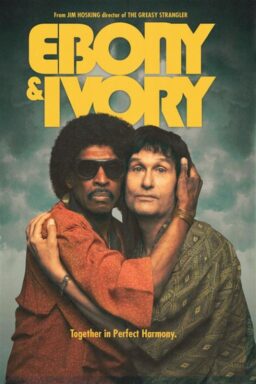I am an 18-year-old from Lancaster, California, a city about an hour from the supporting character in “Crash” that is Los Angeles. Being so close to this grand city gives me extraordinary opportunities to view many movies…. I was fortunate enough to be in the audience for a presentation of “Crash” followed by an interview with writer/director Paul Haggis and co-writer/producer Bobby Moresco. It was my second viewing of the amazing film. I was touched and torn yet again, but the film lasts, which is what makes it so good.
The main reason that I am writing you, though, is to relay some of Mr. Haggis’ comments about the controversy of the film. He told some great stories about the writing process and stated that he had gotten the idea originally from being carjacked himself many years ago. He said, as a writer, that he didn’t get mad. He said he got curious. He wondered what happened to the kids that had done that to him after they stole his car and so on.
Along with Mr. Moresco, they were able to put together a string of events that were connected amazingly by a very tightly wound script. He also said that he didn’t want to make a film that caused people to say “Nice movie.” He wants people to either love it or hate it. He wants people to talk. He wants people to argue. Mr. Haggis is a man who wants to live in a world of inquiring individuals and that is part of the reason that some of the characters talk the way they do.
The character played by Chris “Ludacris” Bridges is the obvious example. His grand monologues are the types of thoughts that Mr. Haggis wants his audience to think about, or at least to have philosophical ideas of their own. Mr. Haggis also wasn’t sure of the response that his film would receive. He told one story of a particular showing of the film: A man probably weighing over 300 pounds and looking rather rough approached him in the wings of a theatre after the film ended. The man asked him if he had anything to do with the film. Mr. Haggis, unsure of the right answer (this was a “very big man”), said yes. The man told him straight up that the film had “changed him” and walked past him. Now, to me, that is a positive response to a film!
I am a film lover and “Crash” is one of the reasons. Films do change people. It changed me. I look at people differently now. I try not to stereotype anymore. We are all guilty of it of course, even men like Mr. Foundas. Maybe they just don’t realize it because they are too hardened by all of the crap that Hollywood puts out into theatres. I’m glad that you saw the real meaning of a great film and that your defense of the film made others reconsider their thoughts.
Justin Gott
Lancaster, CA











